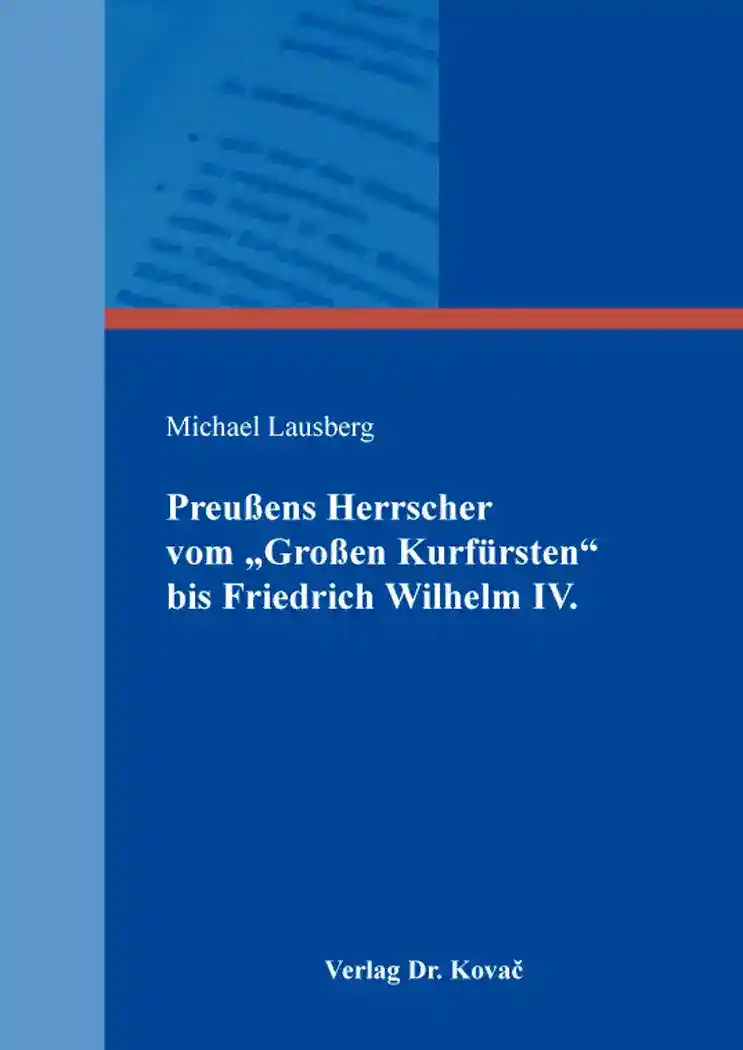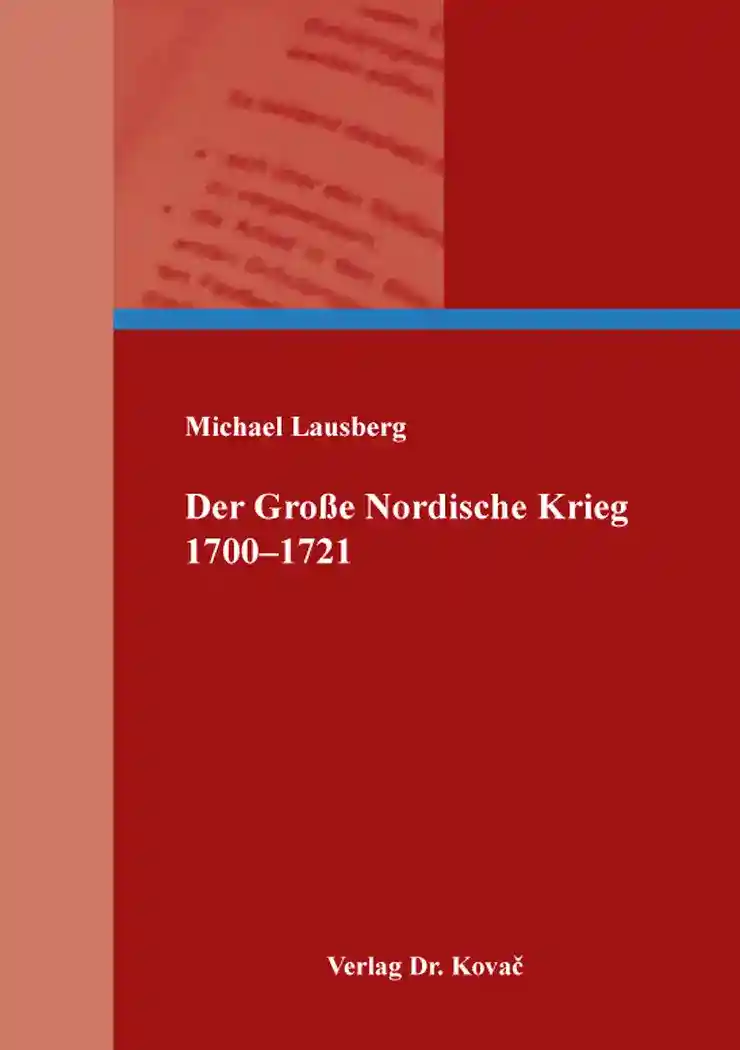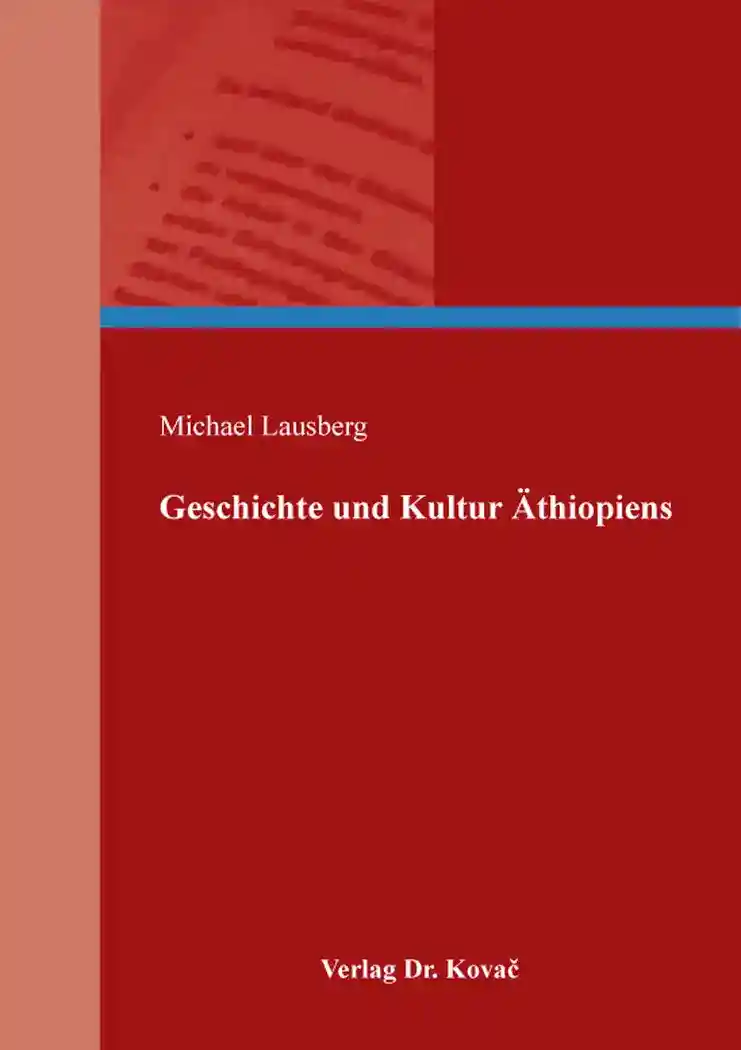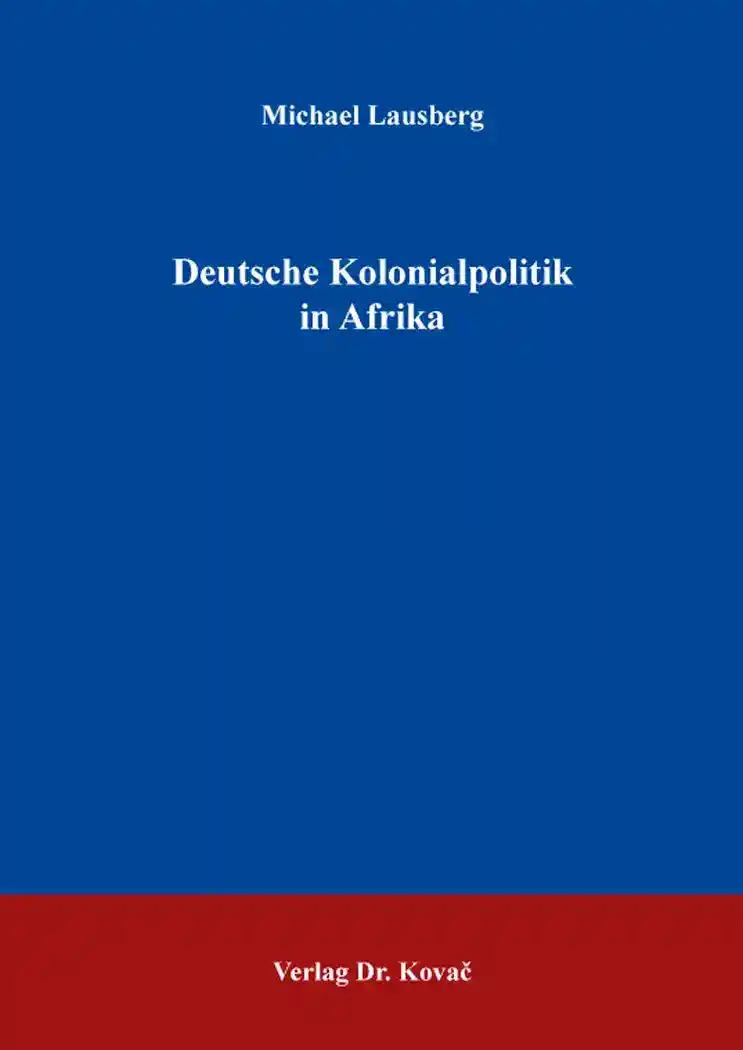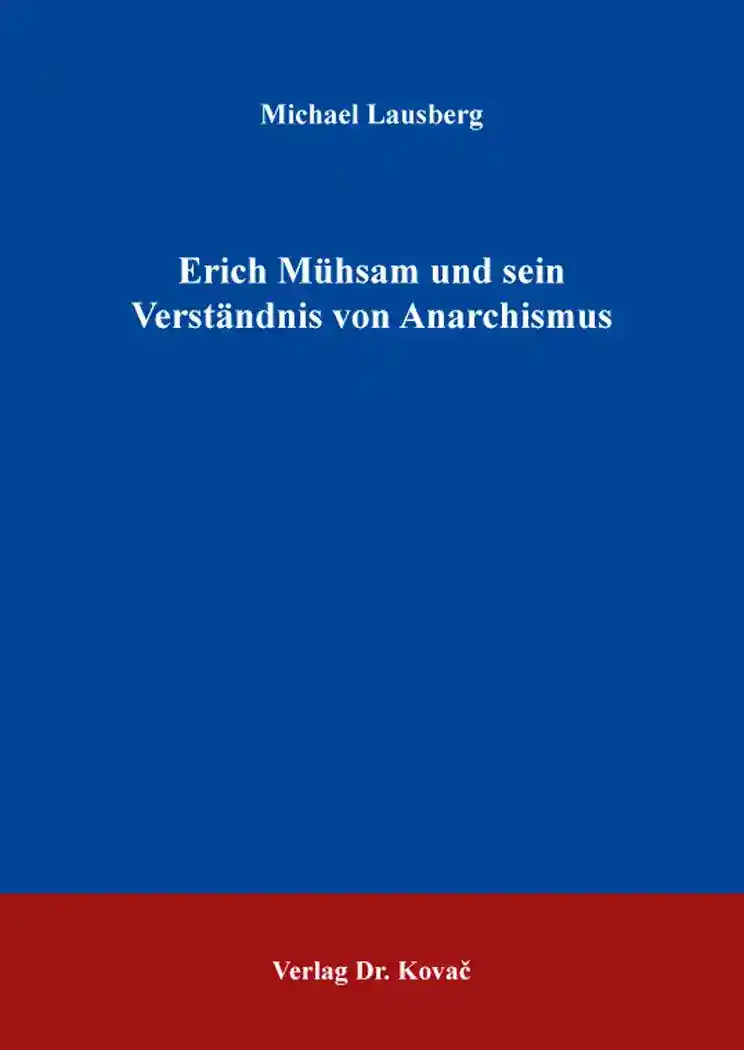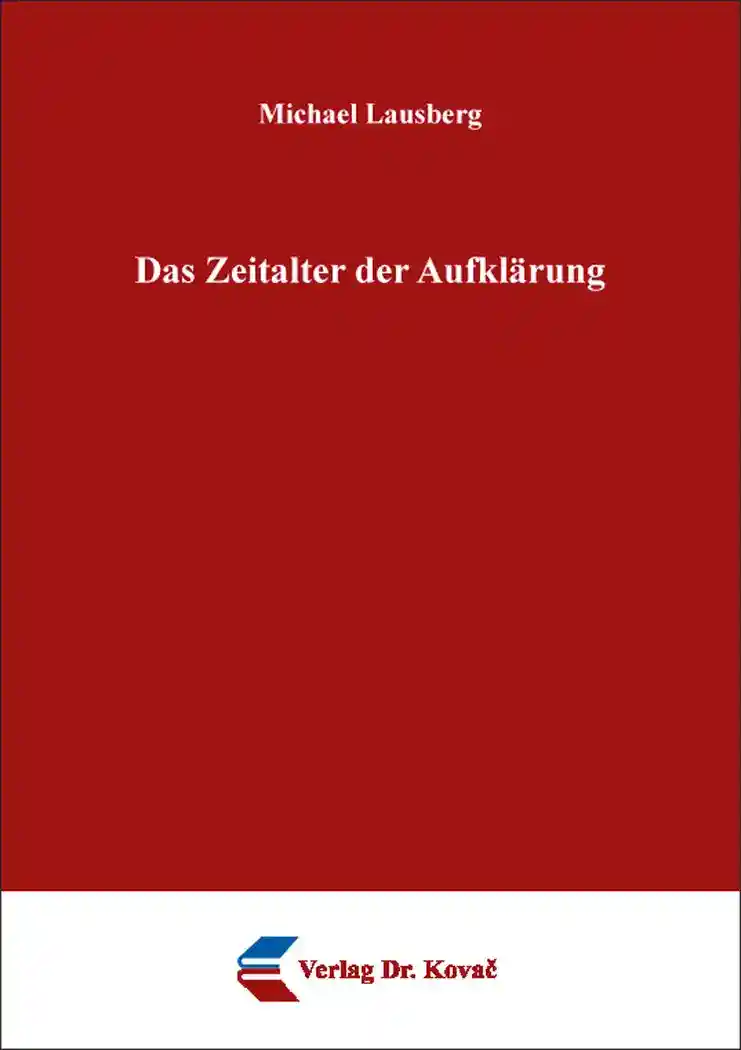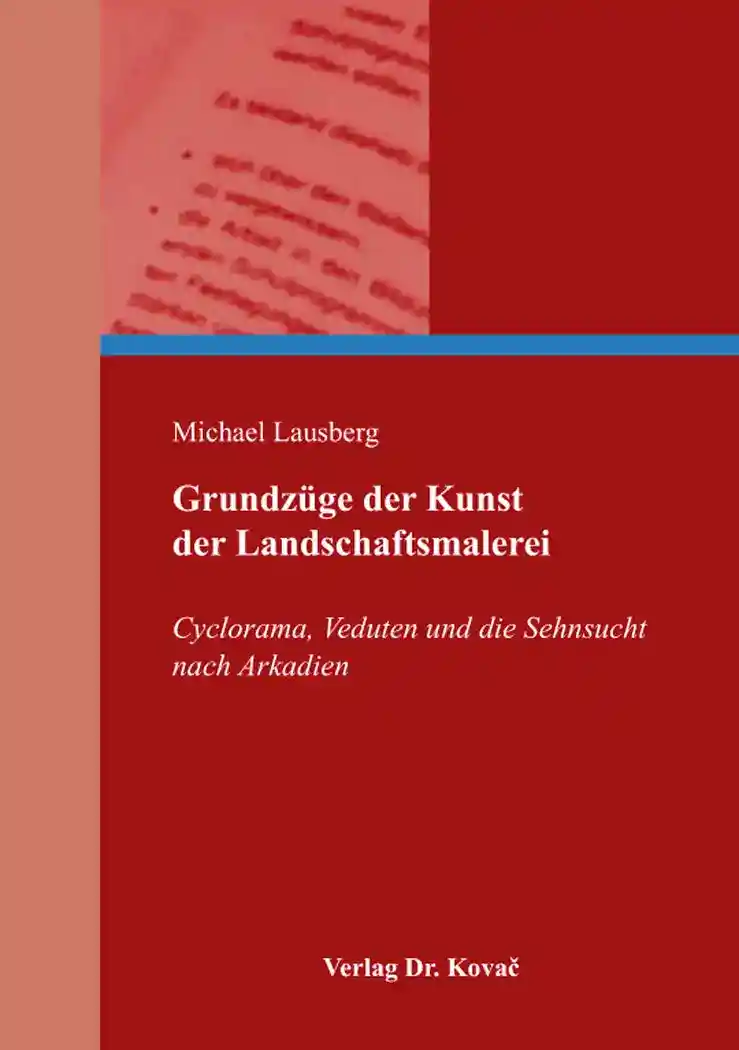Michael LausbergPreußens Herrscher vom „Großen Kurfürsten“ bis Friedrich Wilhelm IV.
Studien zur Geschichtsforschung der Neuzeit, volume 103
Hamburg 2020, 322 pages
ISBN 978-3-339-11764-9 (print) |ISBN 978-3-339-11765-6 (eBook)
About this book deutschenglish
The monarchs of Prussia were members of the House of Hohenzollern who were the hereditary rulers of the former German state of Prussia from its founding in 1525 as the Duchy of Prussia. The Duchy had evolved out of the Teutonic Order, a Roman Catholic crusader state and theocracy located along the eastern coast of the Baltic Sea. The Teutonic Knights were under the leadership of a Grand Master, the last of whom, Albert, converted to Protestantism and secularized the lands, which then became the Duchy of Prussia.
The Duchy was initially a vassal of the Kingdom of Poland, as a result of the terms of the Prussian Homage whereby Albert was granted the Duchy as part of the terms of peace following the Prussian War. When the main line of Prussian Hohenzollerns died out in 1618, the Duchy passed to a different branch of the family, who also reigned as Electors of Brandenburg in the Holy Roman Empire. While still nominally two different territories, Prussia under the suzerainty of Poland and Brandenburg under the suzerainty of the Holy Roman Empire, the two states are known together historiographically as Brandenburg-Prussia.
Following the Second Northern War, a series of treaties freed the Duchy of Prussia from vassalage to any other state, making it a fully sovereign Duchy in its own right. This complex situation (where the Hohenzollern ruler of the independent Duchy of Prussia was also a subject of the Holy Roman Emperor as Elector of Brandenburg) laid the eventual groundwork for the establishment of the Kingdom of Prussia in 1701.
As the Prussian state grew through several wars and diplomatic moves throughout the 18th century, it became apparent that Prussia had become a Great Power in its own right. By 1772, the pretense was dropped, and the style „King of Prussia“ was adopted. The Prussian kings continued to use the title „Elector of Brandenburg“ until the end of the Holy Roman Empire in 1806, reflecting the legal fiction that their domains within the empire were still under the ultimate overlordship of the Emperor. Legally, the Hohenzollerns ruled Brandenburg in personal union with their Prussian kingdom, but in practice they treated their domains as a single unit. The Hohenzollerns gained de jure sovereignty over Brandenburg when the empire dissolved in 1806, and Brandenburg was formally merged into Prussia.
In 1871, in the aftermath of the Franco-Prussian War, the German Empire was formed, and the King of Prussia, Wilhelm I was crowned German Emperor. From that point forward, though the Kingdom of Prussia retained its status as a constituent state of the empire (albeit by far the largest and most powerful), all subsequent Kings of Prussia also served as German Emperor, and that title took precedence.
The monarchs of Prussia from the elector Friedrich Wilhelm to Friedrich Wilhelm IV were introduced in this book. The person behind the monarch, the situation of the empire, wars, domestic and foreign policy, arts and effects are main focus. The name Prussia und the history before the union of Brandenburg and the Duchy of Prussia in 1618 explained a special chapter.
Link des Autors
Keywords
Brandenburg-PreußenFriedrich Wilhelm IV.Frühe NeuzeitGeschichteGroßer KurfürstHerrscherporträtsHohenzollernPotsdamPreußenPreußische KönigeIhr Werk im Verlag Dr. Kovač

Möchten Sie Ihre wissenschaftliche Arbeit publizieren? Erfahren Sie mehr über unsere günstigen Konditionen und unseren Service für Autorinnen und Autoren.
Weitere Bücher des Autors
Der Große Nordische Krieg 1700–1721
Hamburg 2023, ISBN 978-3-339-13262-8 (Print) |ISBN 978-3-339-13263-5 (eBook)
Geschichte und Kultur Äthiopiens
Hamburg 2021, ISBN 978-3-339-11896-7 (Print) |ISBN 978-3-339-11897-4 (eBook)
Deutsche Kolonialpolitik in Afrika
Hamburg 2020, ISBN 978-3-339-11224-8 (Print) |ISBN 978-3-339-11225-5 (eBook)
Erich Mühsam und sein Verständnis von Anarchismus
Hamburg 2019, ISBN 978-3-339-10794-7 (Print) |ISBN 978-3-339-10795-4 (eBook)
Hamburg 2018, ISBN 978-3-339-10366-6 (Print) |ISBN 978-3-339-10367-3 (eBook)
Grundzüge der Kunst der Landschaftsmalerei
Cyclorama, Veduten und die Sehnsucht nach Arkadien
Hamburg 2018, ISBN 978-3-339-10046-7 (Print) |ISBN 978-3-339-10047-4 (eBook)
